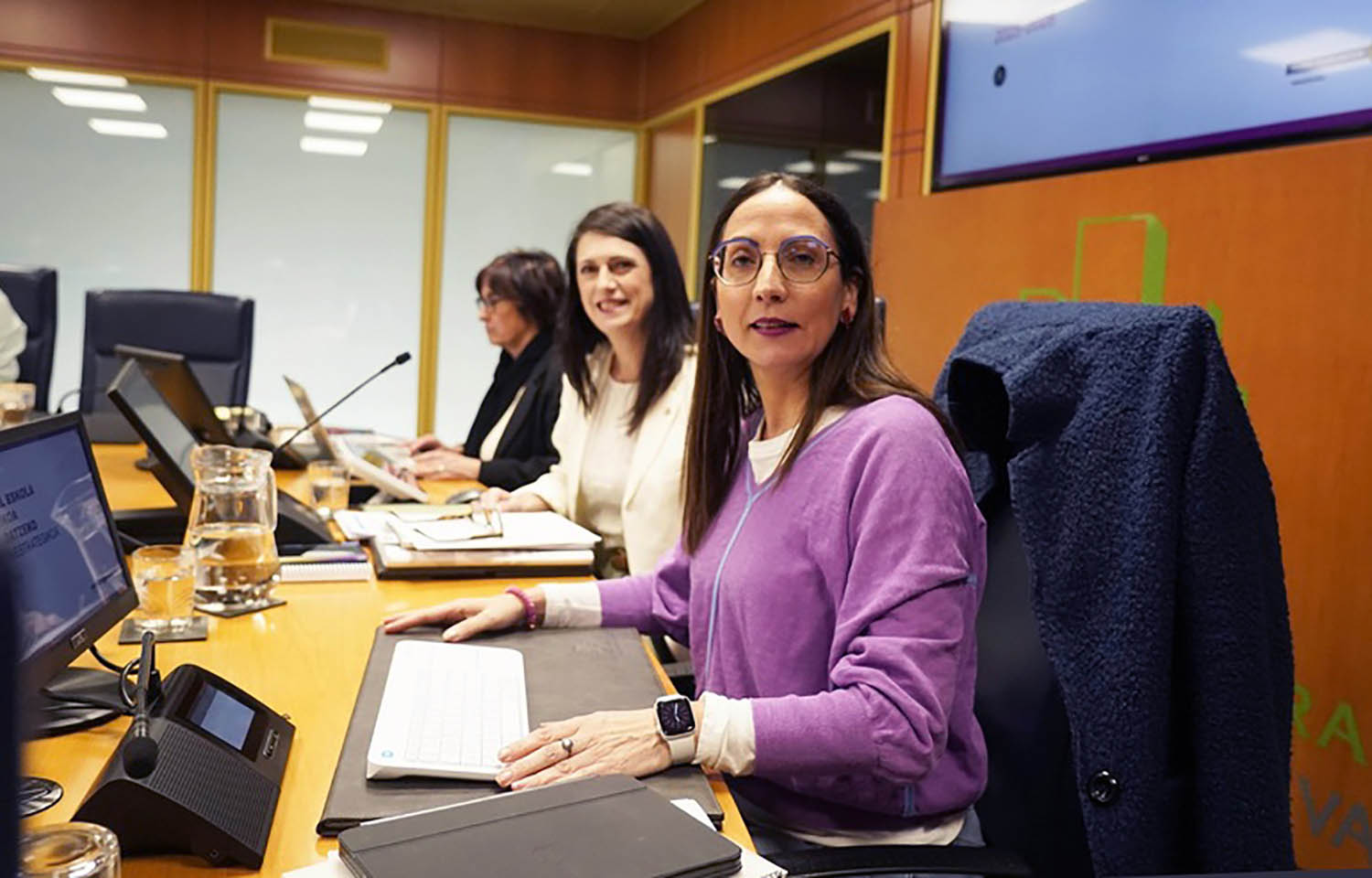Have schools returned from taking the classroom out to the street four walls after the pandemic?
- "After Pandemic we were told that after-school activities were going to be strengthened much more, in the environment and with the resources available, but this very important commitment in the education of our children is not being fulfilled." It is the part of the letter sent by a father to the head of the center, has the passion for conquering the outside disappeared in schools?

At the time of the pandemic, many schools decided to go abroad as far as possible during school hours; they organized themselves to teach outside, in many cases in coordination with the city council. In this article three years ago, for example, many centers were listed, and the topic was discussed in another report, the professor said: "We're seeing the trend continue." In short, beyond the perspective of health (it was necessary to prioritize open spaces to reduce the risk of contagion), from the educational point of view multiple benefits were observed when taking classes out of four walls, assimilating contents, experiencing concepts, developing a more positive learning attitude… But has the trend really followed? Has it left any mark, more willingness to go out into the school environment? What centre of the list two or three years ago has maintained the intention, what has kept a minimum habit, what has fallen from the wheel?
Current flows and administrations drive the acquisition of skills and work by projects, with the outside being a good context to work by projects. The teacher's books and explanations are fundamental, experimentation and knowledge for himself. To the neighborhood where the school is, to the environment, to a tour, etc. You can make a lot of fun.
What did we learn?
During the pandemic many schools jumped outside. We learned that the external spaces do not have to be used every day, but that the systematization of frequencies and outputs is important, and that it is not intended to take a time from time to time out, that the time spent outside and inside is more balanced. The same topic can be addressed in the classroom and outside the classroom, requiring the one to complement and succeed the other, discussing what was worked out in class, which externally contrasts the information contained in the classroom...
We also learned that the entire curriculum does not have to be worked out, but that you can work in many fields (history, chemistry, geography, art, mathematics, environment…) and that it is important to prepare what and how we want to work in that space. In this report we collect many keys and practical examples.
And we learned that the rational and coherent use of outer spaces is an educational treasure. Professor Dani Zuazagoitia said: "Evidence indicates that the learning process is improved in the exterior spaces; it is demonstrated that when we are abroad the attitude is different, as well as the relations between us – between the students, but also between the teachers and the students – that in the end the environment is better, that the mood is improved and positive emotions are produced, and we know that the learning processes are deeply rooted in the emotions. All this increases the adherence to this space and improves the assimilation of the (conceptual and procedural) experiences and knowledge they have acquired. Concepts and operations are often better understood than abstract explanations, when we can see, touch and manipulate them."
You don't have to work the entire curriculum outside, but it's important to prepare what and how we want to work in that space.
Exit barriers
It is not always easy to organize some activity abroad, for example if a group is asked to develop in the classroom with a single educator two educators to be able to leave. Teachers recognize that they often have to juggle to coordinate. The lack of training of many teachers to know what to do outside and how to do it also hinders the motivation of comfortable teachers in the inertia between the four walls. In addition, the outsourcing of the curriculum requires work and effort.
In Euskal Herria, as it could not be otherwise, we are often accompanied by rain and cold, and we know the theory, "there is no bad time, but inadequate clothing," but the reality is that often time is a limit to go outside.
.jpg)
.jpg)
We have had to endure another attack on our language by the Department of Education of the Government of Navarre; we have been forced to make an anti-Basque change in the PAI program. In recent years, by law, new Model D schools have had to introduce the PAI program and have had... [+]
Public education teachers have the need and the right to update and improve the work agreement that has not been renewed in fifteen years. For this, we should be immersed in a real negotiation, but the reality is deplorable. In a negotiation, the agreement of all parties must be... [+]
Garai kuriosoak bizi ditugu eta bizi gaituzte, zinez. Hezkuntza krisian dela dioten garaiak dira eta, gutxien-gutxienean, aliritzira, ba aizue, 2.361 urte ditu gaurgero boladatxoak.
Ez zen ba debalde joan Aristoteles bere maisu maite Platonen akademiatik lizeo bat muntatzeko... [+]
Lehengai anitzekin papera egitea dute urteroko erronka Tolosako Lanbide Heziketako Institutuko kimika industrialeko ikasleek: platano azalekin, orburuekin, lastoarekin, iratzearekin nahiz bakero zaharrekin egin dituzte probak azken urteotan. Aurtengoan, pilota eskoletan kiloka... [+]
















